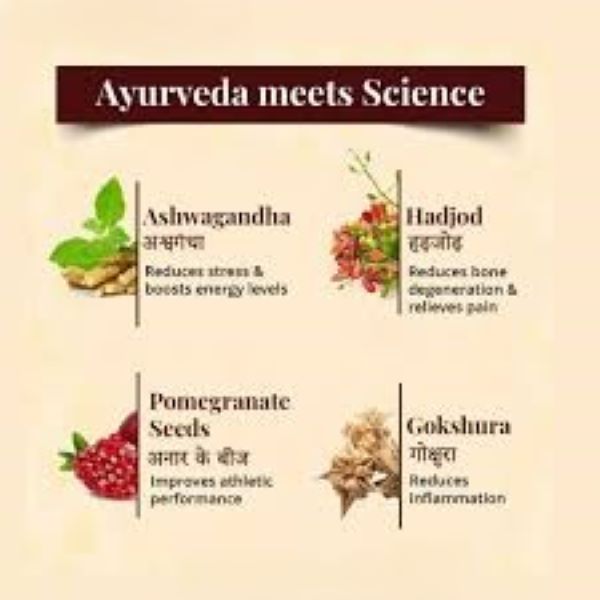Ayurveda Meets Modern Science: What Research Says
Ayurveda, an ancient Indian medical system, is increasingly validated by modern scientific research. The intersection of Ayurveda and modern science has uncovered remarkable insights into holistic health practices. This post explores the research-backed benefits of Ayurvedic remedies, diet, and lifestyle, demonstrating how Ayurveda meets modern science to improve well-being.
Understanding Ayurveda: A Brief Overview
Ayurveda, meaning “science of life,” focuses on balancing the mind, body, and spirit through natural remedies, diet, and lifestyle practices. Texts like the Charaka Samhita and Sushruta Samhita, Ayurveda categorizes individuals into three doshas: Vata, Pitta, and Kapha, which govern various physiological and psychological functions. These foundational principles provide the basis for understanding how Ayurveda meets modern science today.
What Modern Research Says About Ayurveda
Modern science has undertaken extensive studies to validate Ayurvedic practices and treatments. Here are a few examples:
1. Curcumin in Turmeric
Turmeric, a staple in Ayurvedic medicine, is rich in curcumin. Research highlights its anti-inflammatory and antioxidant properties, supporting its use in treating arthritis, digestive disorders, and even cancer. A study published in the Journal of Alternative and Complementary Medicine confirms curcumin’s potential in reducing chronic inflammation.
2. Ashwagandha’s Stress-Relief Benefits
Ashwagandha, known for its adaptogenic properties, helps reduce stress and anxiety. A randomized controlled trial in the Indian Journal of Psychological Medicine showed significant stress reduction in participants using Ashwagandha extracts.
3. Neem for Skin Health
Neem, often used in Ayurvedic skincare, has antibacterial and antifungal properties. Studies in the Journal of Ethnopharmacology confirm neem’s effectiveness in treating acne and other skin infections.
4. Triphala and Gut Health
Triphala, a combination of three fruits, supports digestion and detoxification. Research published in Ayurveda Research & Studies demonstrates its role in promoting gut health and preventing constipation.
These examples illustrate the seamless integration of Ayurveda with scientific validation, highlighting how Ayurveda meets modern science effectively.
Ayurveda’s Holistic Practices Backed by Science
- Meditation and Mental Health: Studies reveal that Ayurvedic meditation practices improve focus, reduce stress, and promote emotional well-being.
- Dietary Wisdom: Modern nutrition aligns with Ayurvedic dietary principles, emphasizing seasonal foods, mindful eating, and gut health.
- Panchakarma Detox: Clinical trials validate the efficacy of Panchakarma in removing toxins and improving metabolic functions.
How to Integrate Ayurveda and Modern Science in Daily Life
- Consult Practitioners: Seek advice from certified Ayurvedic doctors and practitioners.
- Personalized Dosha Analysis: Identify your dosha and adopt tailored remedies.
- Modern Supplements: Look for scientifically validated Ayurvedic supplements.
- Yoga and Meditation: Combine traditional yoga with mindfulness practices for optimal health.
- Explore scientific studies on Ayurveda at PubMed.

Conclusion
The synergy between Ayurveda and modern science proves the enduring relevance of this ancient healing system. As research validates Ayurvedic principles, it opens new possibilities for integrating these practices into modern lifestyles. Explore how Ayurveda meets modern science and unlock a healthier, more balanced life.
